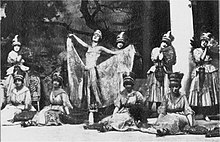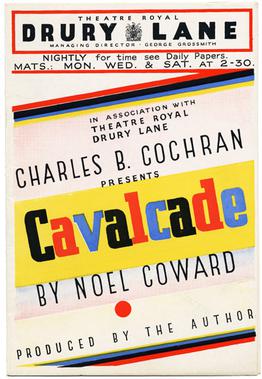
Cavalcade is a play by Noël Coward with songs by Coward and others. It focuses on three decades in the life of the Marryots, an upper-middle-class British family, and their servants, beginning in 1900 and ending in 1930, a year before the premiere. It is set against major historical events of the period, including the Relief of Mafeking; the death of Queen Victoria; the sinking of the RMS Titanic; and World War I. The popular songs at the time of each event were interwoven into the score.
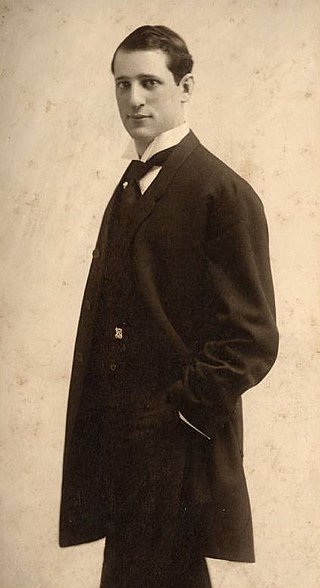
Albert Von Tilzer was an American songwriter, the younger brother of fellow songwriter Harry Von Tilzer. He wrote the music to many hit songs, including, most notably, "Take Me Out to the Ball Game".
Charles Russell McCarron was a United States Tin Pan Alley and vaudeville composer and lyricist.
Nathaniel Davis Ayer was an American composer, pianist, singer and actor. He made most of his career composing and performing in England in Edwardian musical comedy and revue. He also contributed songs to Broadway shows, including some of the Ziegfeld Follies.

Dame Esmerelda Cicely Courtneidge was an Australian-born British actress, comedian and singer. The daughter of the producer and playwright Robert Courtneidge, she was appearing in his productions in the West End by the age of 16, and was quickly promoted from minor to major roles in his Edwardian musical comedies.

Lionel John Alexander Monckton was an English composer of musical theatre. He became Britain's most popular composer of Edwardian musical comedy in the early years of the 20th century.

The Bing Boys Are Here, styled "A Picture of London Life, in a Prologue and Six Panels," is the first of a series of revues which played at the Alhambra Theatre, London during the last two years of World War I. The series included The Bing Boys on Broadway and The Bing Girls Are There. The music for them was written by Nat D. Ayer with lyrics by Clifford Grey, who also contributed to Yes, Uncle!, and the text was by George Grossmith, Jr. and Fred Thompson based on Rip and Bousquet's Le Fils Touffe. Other material was contributed by Eustace Ponsonby, Philip Braham and Ivor Novello.
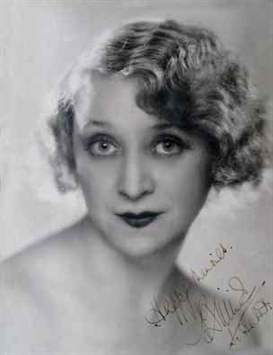
Beatrice "Binnie" Mary Hale-Monro was an English actress, singer and dancer. She was one of the most successful musical theatre stars in London in the 1920s and 1930s, able to sing leading roles in operetta as well as musicals, and she was popular as a principal boy in pantomime. Her best-remembered roles were in the musicals No, No, Nanette (1925) and Mr. Cinders (1929), in which she sang "Spread a Little Happiness".

"If You Were the Only Girl (In the World)" is a popular song, composed by Nat D. Ayer with lyrics by Clifford Grey. It was written for the musical revue The Bing Boys Are Here, which premièred on 19 April 1916 at the Alhambra Theatre in Leicester Square, London. The song was originally performed as a duet between Lucius Bing, played by George Robey, and his love interest Emma, originated by Violet Loraine.
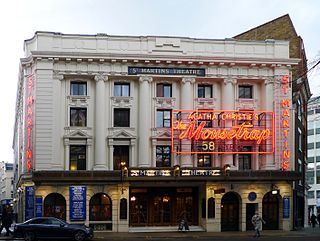
St Martin's Theatre is a West End theatre which has staged the production of The Mousetrap since March 1974, making it the longest continuous run of any show in the world.
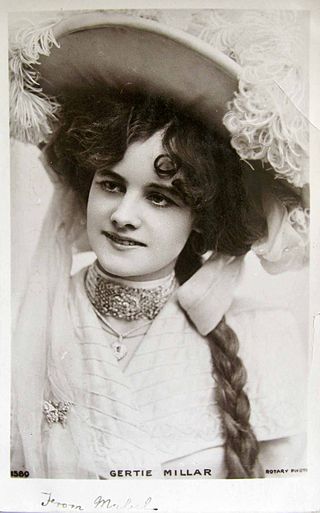
Gertrude Ward, Countess of Dudley, known as Gertie Millar, was an English actress and singer of the early 20th century, known for her performances in Edwardian musical comedies.
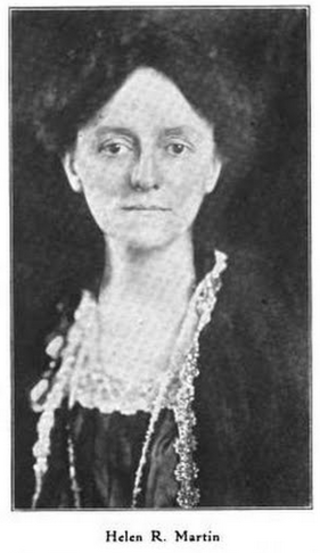
Helen Reimensnyder Martin was an American author.

Sir Charles Blake Cochran, professionally known as C. B. Cochran or Charles B. Cochran, was an English impresario, known for popularising the genre of revue, hitherto unfamiliar, in Britain. Apart from revue, his major theatrical successes included The Miracle in 1911, noted for its spectacular staging, The Better 'Ole (1917), This Year of Grace (1928), Bitter Sweet (1929), Cavalcade (1931) and Bless the Bride (1947). He also promoted a range of other entertainments, including professional boxing, tennis, wrestling, circus and a zoo. He published four volumes of memoirs about his life and work.

Ruth Vincent was an English opera singer and actress, best remembered for her performances in soprano roles of the Savoy Operas with the D'Oyly Carte Opera Company in the 1890s and her roles in the West End during the first decade of the 20th century, particularly her role as Sophia in Tom Jones.
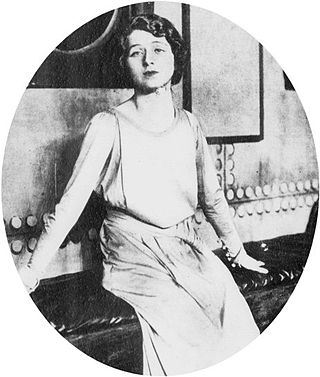
Billie Carleton was an English musical comedy actress during the First World War. She began her professional stage career at age 15 and was playing roles in the West End by age 18. She appeared in the hit musical The Boy (1917), which led to a starring role in The Freedom of the Seas in 1918. At the age of 22, she was found dead, apparently of a drug overdose.
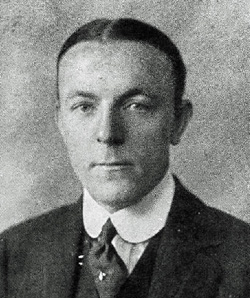
George Windsor Graves was an English comic actor. Although he could neither sing nor dance, he became a leading comedian in musical comedies, adapting the French and Viennese opéra-bouffe style of light comic relief into a broader comedy popular with English audiences of the period. His comic portrayals did much to ensure the West End success of Véronique (1904) The Little Michus, and The Merry Widow (1907).

Ida Adams, sometimes credited as Ida M. Adams, was an American-born actress and singer who worked chiefly in musical theatre.
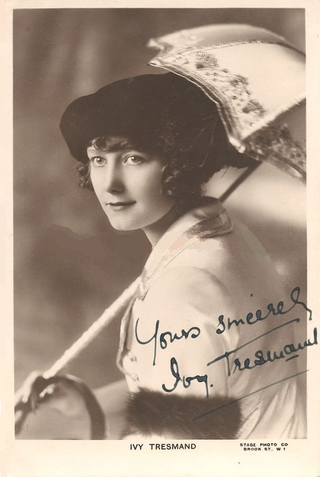
Ivy Tresmand was an English soubrette who appeared mostly in musical theatre.

George Wilford Bulkley Byng was an English conductor, composer, music arranger and musical director of the late 19th and early 20th centuries. He is known for composing music for ballet productions staged at the Alhambra Theatre in London during the Edwardian era, for his theatre compositions, and as a conductor for His Master's Voice from World War I up to about 1930. Byng was his stage name.

Beatrice Ferrar was a British actress who made a speciality of playing in 18th-century dramas.


